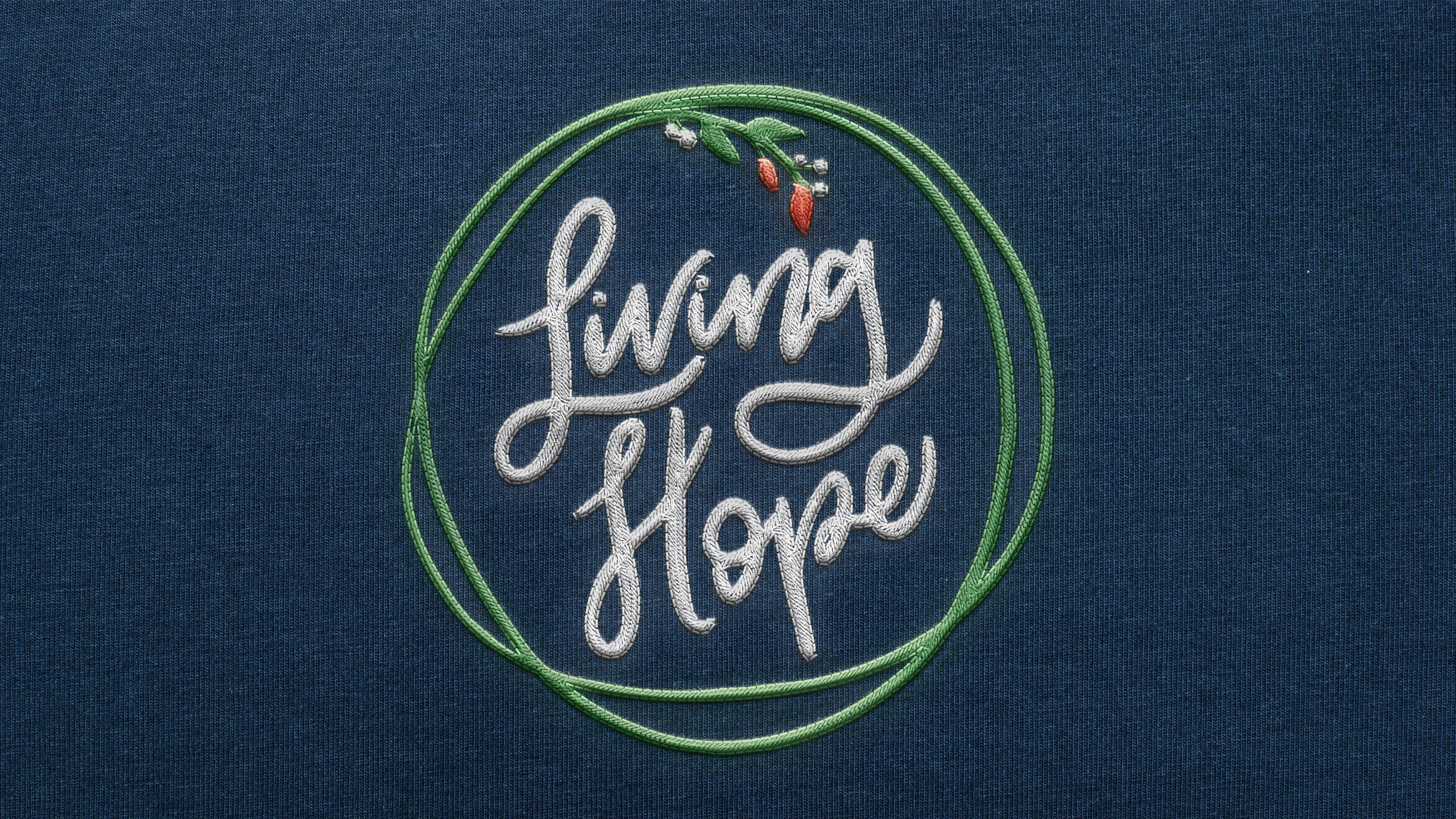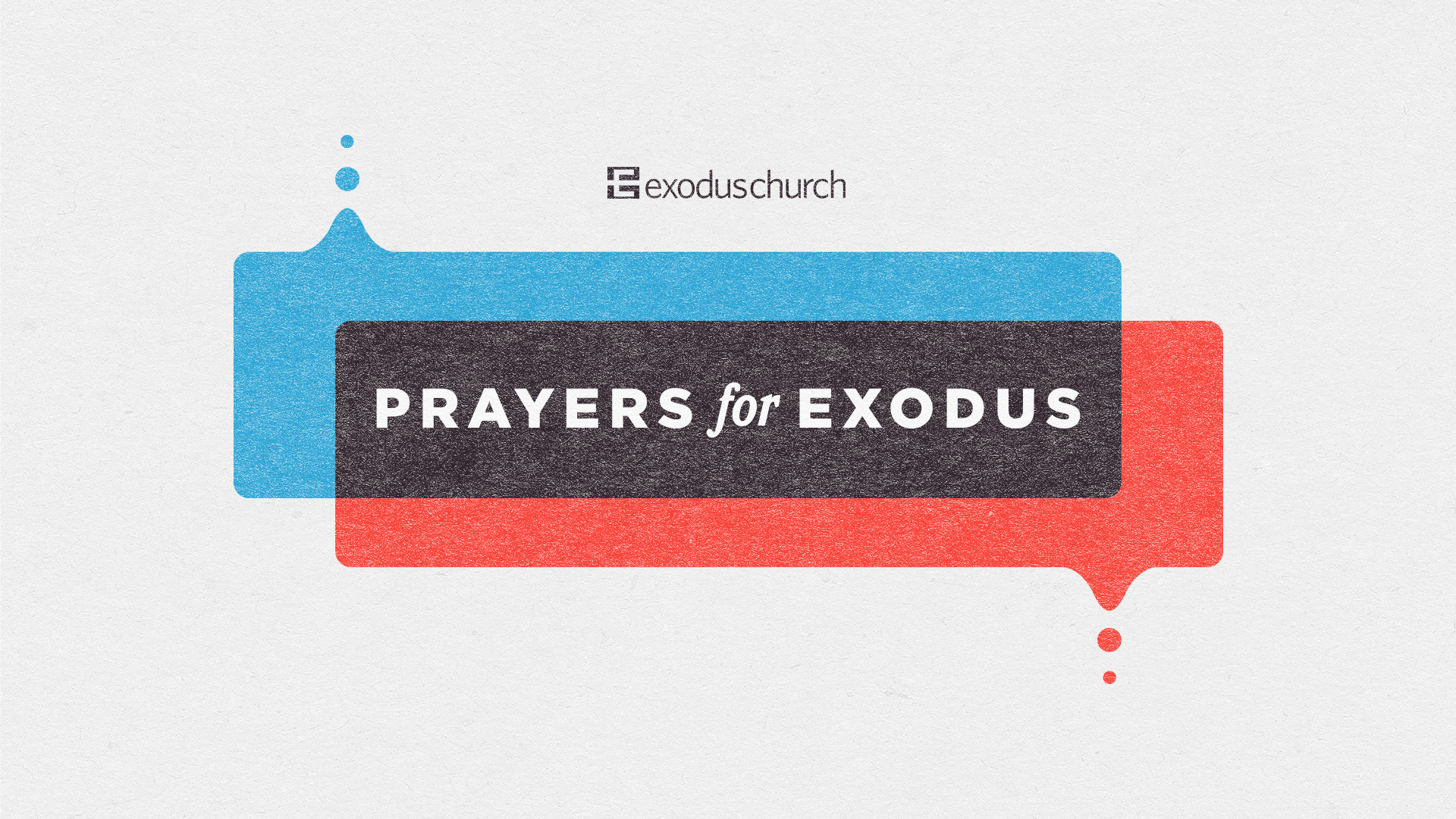Have you ever experienced deeply rich community within the Church? I can remember the first time I experienced truly deep relationship within the body of Christ–correction, confession, repentance, application of Truth, and sincere friendship in the gospel–it changed me. Although my walk with Christ and my understanding of the gospel had been personal up to that point, I lacked a sense of community. Indeed, Christ saves individuals, but the Gospel can’t be displayed in fullness–as the scriptures command–without a community.
Anyone who does not love does not know God, because God is love. In this the love of God was made manifest among us, that God sent his only Son into the world, so that we might live through him. In this is love, not that we have loved God but that he loved us and sent his Son to be the propitiation for our sins. Beloved, if God so loved us, we also ought to love one another. No one has ever seen God; if we love one another, God abides in us and his love is perfected in us (1 John 4:7–12 ESV).
The scriptures clearly relate our spiritual health to being reconciled to God and to one another; our relationships with God and others are inseparable. So with this truth clearly in focus, it makes sense that the more we know God and his love for us in Christ, the more we will love one another within the Body of Christ.
If I speak in the tongues of men and of angels, but have not love, I am a noisy gong or a clanging cymbal. And if I have prophetic powers, and understand all mysteries and all knowledge, and if I have all faith, so as to remove mountains, but have not love, I am nothing. If I give away all I have, and if I deliver up my body to be burned, but have not love, I gain nothing (1 Corinthians 13:1–3, ESV).
Amy Carmichael, a missionary poet whose own self-evaluation is similar to Paul’s in this passage from 1 Corinthians, shares eloquently in her devotional classic, If. Her observations below reveal our desperate need of the gospel in order to love one another:
“If I can easily discuss the shortcomings and the sins of any;
If I can speak in a casual way even of a child’s misdoings,
then I know nothing of Calvary love.”
“If I take offense easily;
If I am content to continue in a
cool unfriendliness, though
friendship be possible,
then I know nothing of Calvary love”
“If I am afraid to speak the truth, lest I
lose affection,…
if I put my own good name before
the other’s highest good,
then I know nothing of Calvary Love.”
“If I slip into the place that can be filled by Christ alone,
making myself the first necessity to a soul
instead of leading it to fasten upon Him,
Then I know nothing of Calvary love.”
After 65 statements that begin with “If …”and end with “… then I know nothing of Calvary love,” Carmichael concludes with this simple prayer:
“That which I know not, teach Thou me,
O Lord, My God.”
I invite you to join me in praying this prayer today over our lives, our family, and church:
Pray that the Father would teach us to live and function with “Calvary love” for our Savior and for one another in community.



